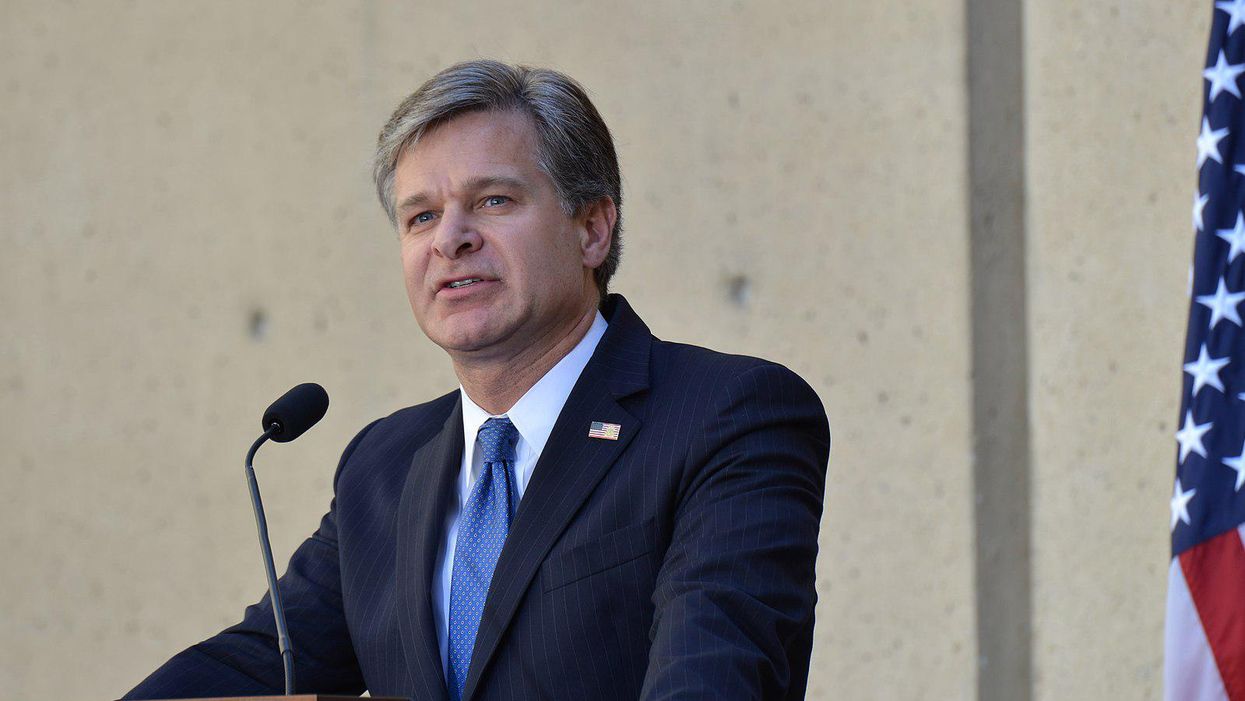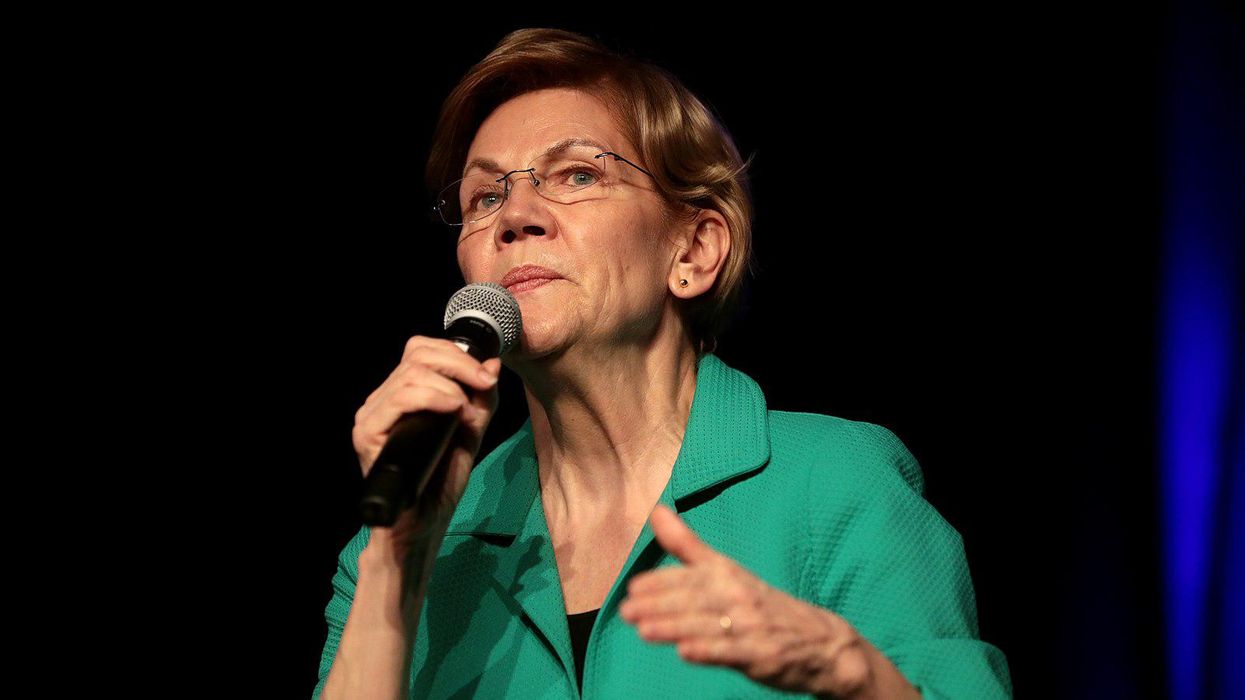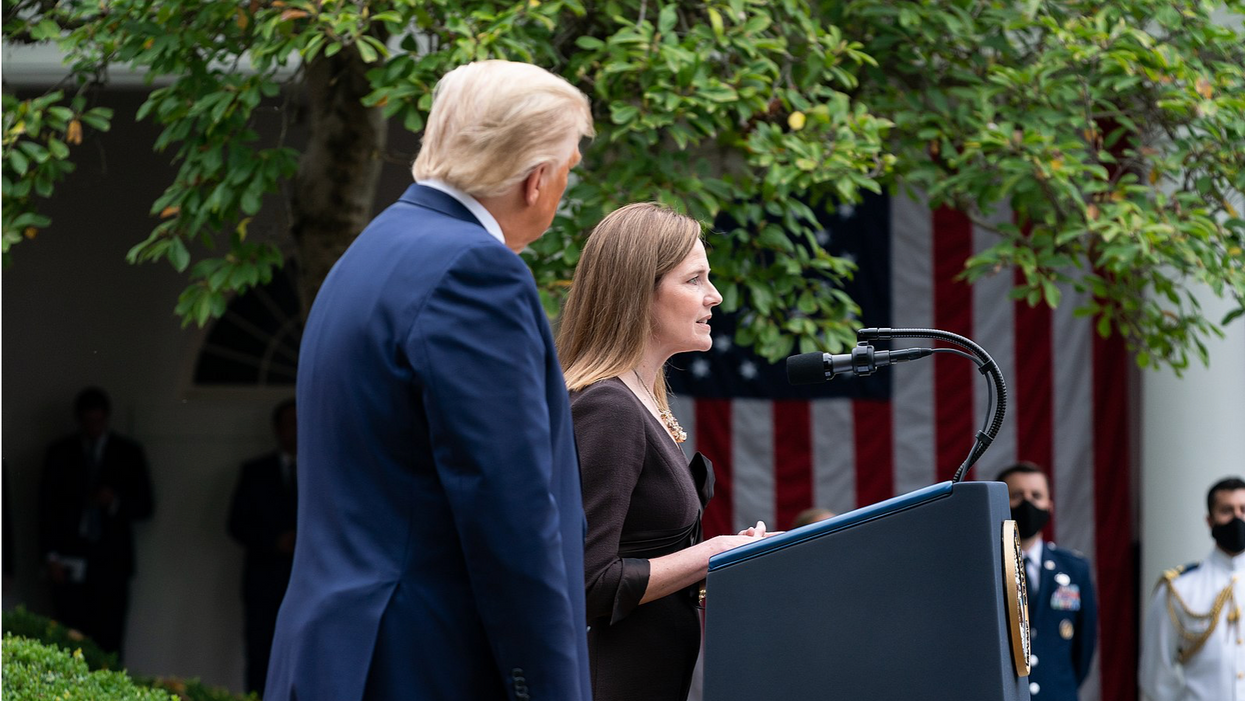Exclusive: White House Agrees To Boost Carbon Capture In Budget Bill

By Jarrett Renshaw and Timothy Gardner
WASHINGTON (Reuters) - The White House and top Democratic lawmakers have agreed to boost a tax credit for industrial carbon capture projects in a deal that could help solidify support for the budget reconciliation bill at the heart of President Joe Biden's economic agenda, two sources with knowledge of the matter said.
The agreement worked out by White House officials and lawmakers, including Senators Ron Wyden and Sheldon Whitehouse, and some of their counterparts in the House, would raise the so-called 45-Q tax credit for carbon capture projects in heavy industry, such as cement and steel plants, to $85 per metric ton. It would also waive requirements that plants must capture a certain percentage of carbon to be eligible.
The White House and the senators did not immediately respond to requests for comment.
In carbon capture projects, industrial plants add pipes and other heavy equipment to siphon off carbon dioxide emissions for permanent storage underground before they have the chance reach the atmosphere and make climate change worse.
But carbon capture is expensive to build and certify and many projects, such as Petra Nova in Texas, have stopped operations in recent years.
Current 45-Q tax credits allow polluting plants to claim $50 per ton of carbon dioxide they sequester and $35 a ton for projects where carbon is captured and then used to push more crude oil from aging oilfields.
The agreement does not yet cover the power sector, which includes coal and natural gas plants, a huge source of carbon dioxide emissions. Senator Joe Manchin, a moderate from large coal producing state West Virginia, has pushed Senate Majority Leader Chuck Schumer to allow coal and natural gas burning power plants to get incentives for carbon capture in the reconciliation bill.
Discussions are progressing on boosting the carbon capture credit for power plants, the sources said.
(Reporting by Jarrett Renshaw and Timothy Gardner; Editing by Chizu Nomiyama)












